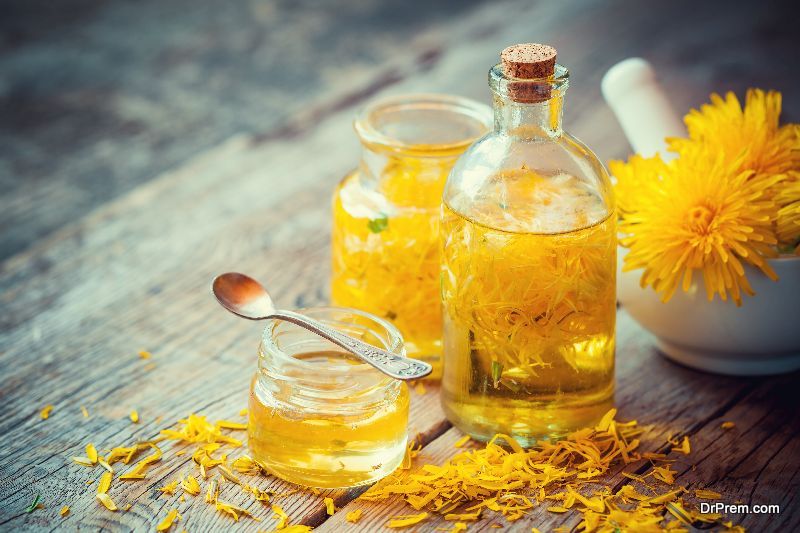Essential oils have experienced a lot of buzz in recent years. Discussions on their effectiveness, the validity of their uses, and more have fueled a debate that doesn’t seem to have an end in sight. While many think that all essential oil claims are false, there is certainly evidence both professional and anecdotal to support some of the benefits of using essential oils. Are they really worth trying? Is there any risk involved? How are they used? Keep reading to learn more on essential oils and whether or not these controversial products are worth trying out.
First, what’s an Essential Oil?
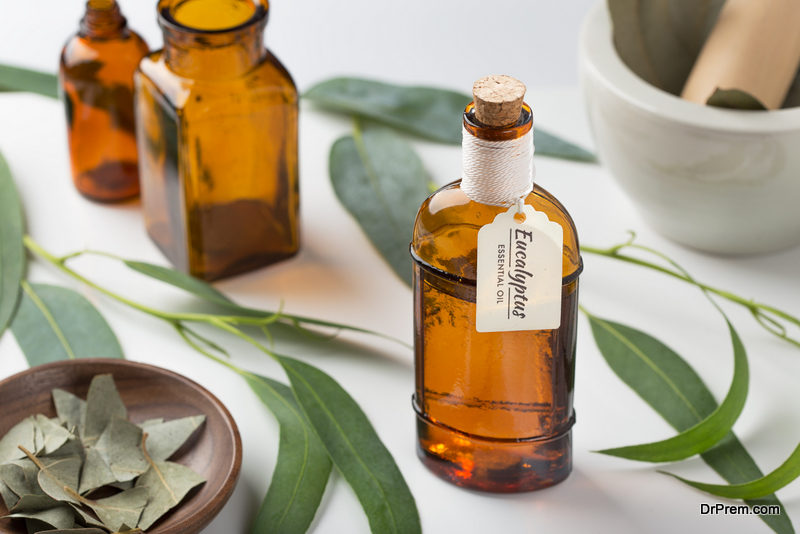 Essential oils are the essence of a plant; that is to say, the plant’s scent and flavor extracted directly from the leaves, stem, flowers, fruit, or all of the above. Being that essential oils are derived from plants, many consider them to be the pinnacle of natural medicine, provided by nature to help with many ailments from inflammation to reducing stress and anxiety.
Essential oils are the essence of a plant; that is to say, the plant’s scent and flavor extracted directly from the leaves, stem, flowers, fruit, or all of the above. Being that essential oils are derived from plants, many consider them to be the pinnacle of natural medicine, provided by nature to help with many ailments from inflammation to reducing stress and anxiety.
How Are They Used?
How you use essential oils depends not only on the type of oil but the application for which the oil was meant. For instance, lavender essential oil has a very pleasant, clean aroma, and its scent has been imitated in thousands of commercial products for many decades. It can be used for stress relief and scenting lotions or soaps.
Aromatherapy
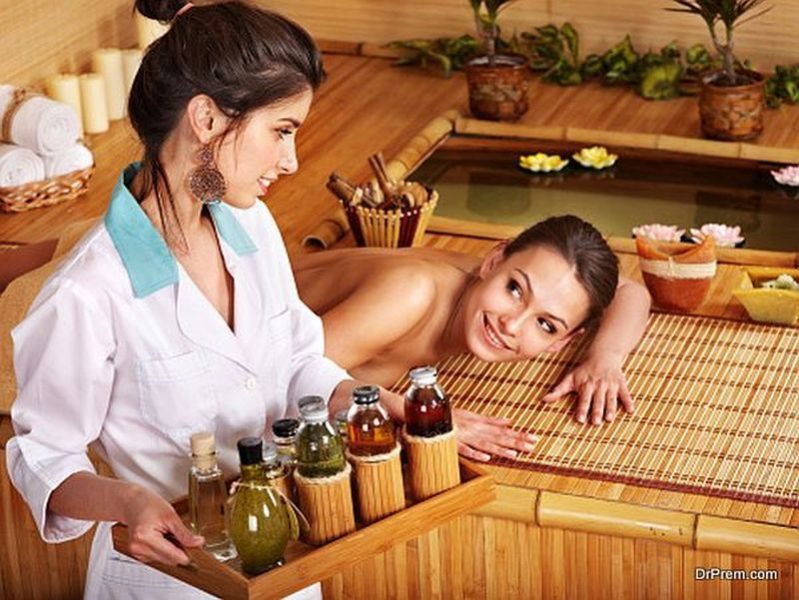 One way to use essential oils is with aromatherapy. Aromatherapy involves using the oil in a diffuser to release the oil’s aroma into the air, where you’ll breathe it in and experience the effects of the particular oil. This is probably the most popular method of using essential oils, as it’s quick, effective, and doesn’t come in contact with your skin or hair.
One way to use essential oils is with aromatherapy. Aromatherapy involves using the oil in a diffuser to release the oil’s aroma into the air, where you’ll breathe it in and experience the effects of the particular oil. This is probably the most popular method of using essential oils, as it’s quick, effective, and doesn’t come in contact with your skin or hair.
Aromatherapy is used in spas and massage parlors all over the world, adding to the relaxing atmosphere in such establishments. Using it in your home can help you calm down or re-energize (if you’re using peppermint) and can leave your home smelling pleasant for many hours on end.
Using essential oils will require a diffuser, so you’ll want to check with your favorite retailers to see if they carry diffusers.
Topically
Have you ever purchased shampoo or soap with essential oils in its ingredients list? Essential oils like peppermint, tea tree, and lavender are popular options for personal hygiene not only for their pleasant aroma but also for certain properties that are said to make these oils advantageous for the health of hair and skin.
Tea tree oil, for instance, is said to help with dry scalp and dandruff, as well as improve the condition of dried-out hair. Lavender is also good for hair, and of course, it smells wonderful and can leave you feeling relaxed.
How Do I Know Which One to Choose?
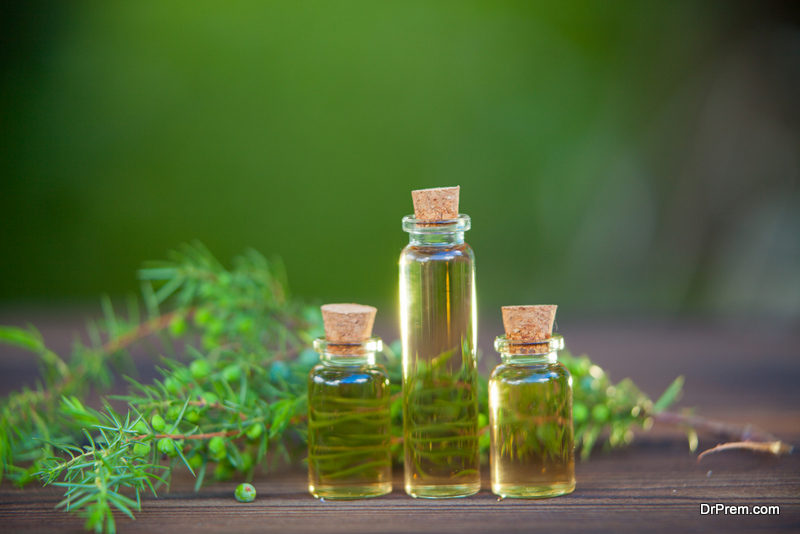 If you’re only just getting started with essential oils, it can be difficult to navigate the limitless information on these products. Choosing the right essential oils will depend on your intended use for them.
If you’re only just getting started with essential oils, it can be difficult to navigate the limitless information on these products. Choosing the right essential oils will depend on your intended use for them.
Many essential oils have simple applications, like adding scents to unscented soaps and cleaners. If you’re using unscented castile soap to clean your home, adding a few drops of lemon, peppermint, lavender, or even sweet orange oil can turn your bland soap into a sweet smelling cleaner.
If you’re looking to relax, you’ll want something more calming. Peppermint and tea tree, as well as eucalyptus, are energizing scents that can help to open up air passages and make the skin feel rejuvenated; not exactly good for relaxing. Relaxation techniques should include oils like lavender, bergamot, neroli, and frankincense.
There are other essential oils that are said to reduce inflammation, blood pressure, and more; but the research on these effects is minimal, and we wouldn’t recommend ingesting and essential oils to test these claims.
What are the Risks?
Using essential oils carries almost no risk. In fact, the biggest risk to consider would be that you could be allergic to the oil itself and therefore unable to use it in a topical application. You can usually diffuse oil your skin is allergic to, as you’re not coming in contact with the oil itself that way.
Essential oils are not meant to be ingested, so you shouldn’t use them in cooking applications or anything of the sort. If you need a certain flavor, there are flavoring oils like peppermint that are safe for consumption and for use in cooking and baking. Swallowing essential oils can be unpleasant, and given enough of the substance, can actually be poisonous.
Risk vs. Benefits
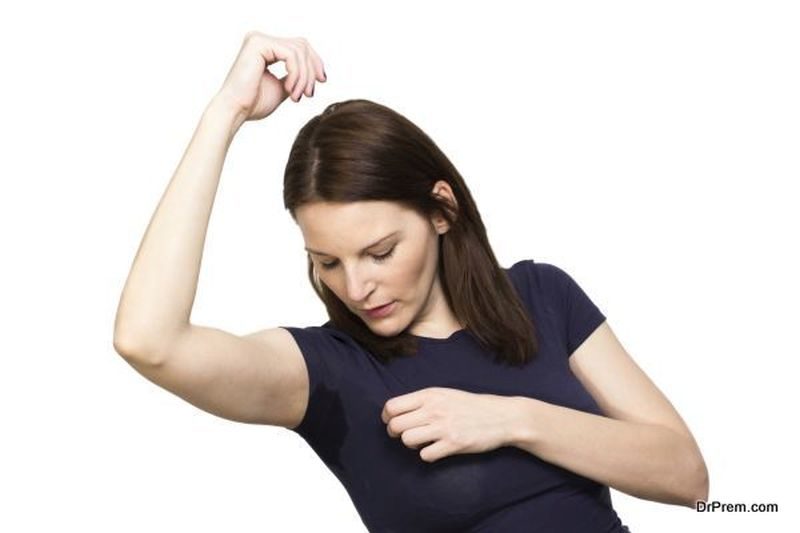 With minimal risk and hundreds of uses, essential oils are certainly worth a try if you’ve never used them. You can use essential oils for everything from cleaning and disinfecting to odor control, to improving the feel of hair and skin and reducing dandruff.
With minimal risk and hundreds of uses, essential oils are certainly worth a try if you’ve never used them. You can use essential oils for everything from cleaning and disinfecting to odor control, to improving the feel of hair and skin and reducing dandruff.
Be careful not to swallow essential oils, and if you show an allergic to a topical application, discontinue use. It’s best to dilute essential oils or use carrier oil before applying them directly to your skin and hair. Carriers can be anything from jojoba oil, castile soap, or even lotion.
Essential oils have been around for thousands of years, so it’s no surprise that people all over the world trust these wonderful products for their health, beauty, and housekeeping needs. Many people prefer a product that’s derived from 100% natural ingredients and contains no dyes or preservatives.
Article Submitted By Community Writer


